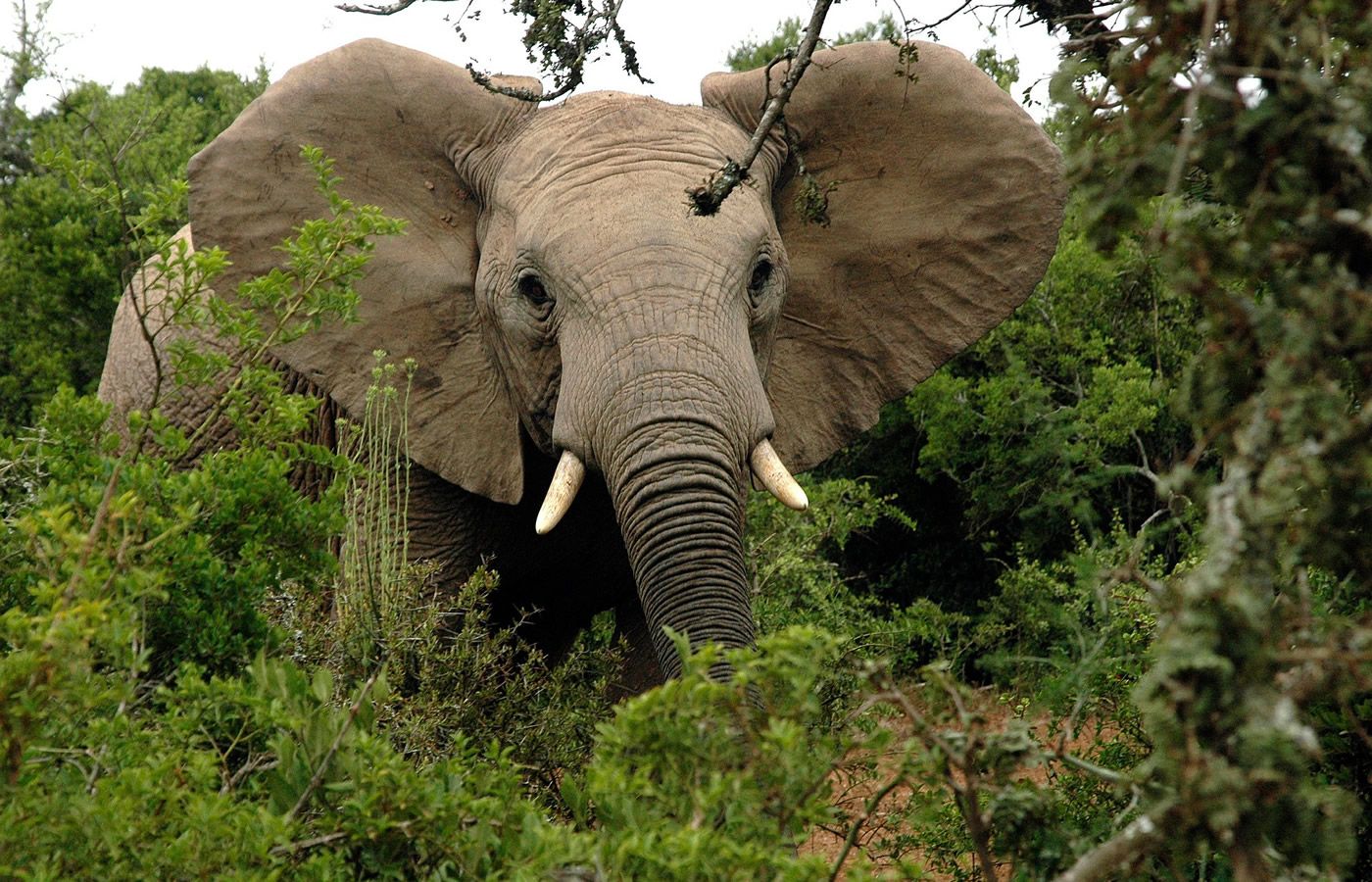Scientists have concluded that we humans must add the mighty elephant to the list of animals that exhibit empathy. Research on elephants is full of examples where elephants respond to one another’s pain or problem. Many times they have made valiant efforts to help one another. Researchers in Kenya have noticed elephants plucking tranquilizer darts out of each other, spraying dust on another’s wound, and helping babies up the side of muddy banks. Perhaps these examples are acts of kindness rather than empathy. However, the question can be raised, “What causes the acts of kindness?”
Researchers Ariel Knafo, Salomon Israel, and Florina Uzefovsky say that empathy is an emotion that stems from understanding another’s emotional state. They go on to say empathy is an emotion that produces the motivation of kindness which in turn generates the behaviors of nurturing, helping, generous giving and selflessness. These behaviors can be observed in just about any scripture passage about Jesus.
Empathy is not sympathy, which implies pity; rather, it is an emotion stirred by understanding a person’s situation and then identifying with it in a compassionate way. A good biblical illustration is found in James:
If one of you says to him, “Go, I wish you well; keep warm and well fed,” but does nothing about his physical needs, what good is it? (James 2:16)
How can a Christian see a person hungry and cold and say, “Be warm and be full!” without doing something to better that situation? But we know it happens, because James addressed it.
From a leadership standpoint, Jesus accepted people where they were, as people needing His help and love. He did not condone their sin, but neither did He hold their sin against them when they showed hearts of repentance. One instance when Jesus exhibited this characteristic is found in the account of Zacchaeus, a rich man and a tax collector (Luke 19:1-10).
Let’s think a moment about this “wee little man,” as the old song goes. He was chief of the tax collectors: a leader in his own right. He was short in stature, therefore he had to be even more dignified than the most dignified so no one would laugh at or mock him. Yet Zacchaeus ran to find Jesus, and he climbed a tree to get a glimpse of Him. In all his riches, he knew he was missing something important so he raced toward what he thought might be that something. He was reviled by his fellow Jews because he took more taxes than required by Rome, causing much pain and grief for the poor and commonplace man alike.
Jesus was en route to Jerusalem for His final appointment there. Crowds were pressing in upon Him as He was making His way through Jericho toward Bethany. However, the press of time and people did not sway Jesus from an opportunity God provided to reach many people, not just one man. Even though He was near the conclusion of His earthly ministry, the Lord took time to dine with Zacchaeus.
As leaders we should make certain that we remember people are more important than schedules. As Frank Cookingham points out on his blog*(Transformative Evaluation) , leaders should be looking for those people in trees. We should identify with them, show them they are important to us, and know their names.
Pause and Reflect:
People in trees are lurkers. They may think they don’t have anything to contribute, or they are too insignificant.
• Have you passed by someone in a tree?
• Who are the people in your life that have sacrificed their dignity to reach out for help?
• Ask God to point them out to you. Arrange to have dinner with each one.
– LeaderSource SGA
Jesus loved Zacchaeus and showed him that he mattered. After meeting Jesus, Zacchaeus’ stony heart melted into tenderness. He was transformed from a cold, calculating man into a warm-hearted leader of tax gatherers. The empathy Jesus showed reached past that one man down into the heart of those reporting to Zacchaeus. We just never know how many people we really touch when we exhibit this prized quality of empathy.





